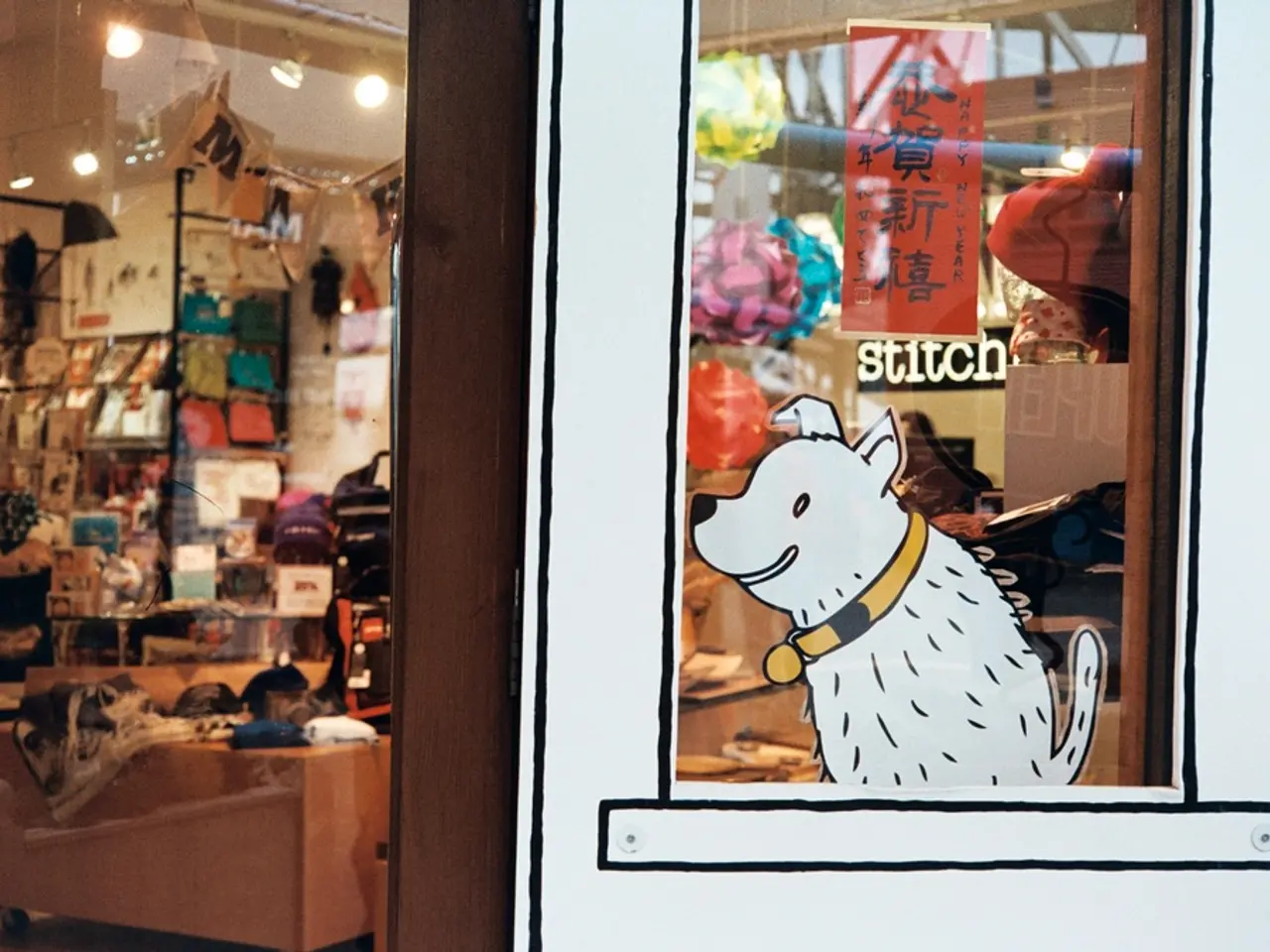Essential Items for Traveling with Pets: Comprehensive Guide
With the rise of pet-friendly travel, more and more pet owners are choosing to bring their furry friends along on their adventures. Whether you're planning a road trip, a flight, or a train journey, ensuring your pet's comfort, safety, and happiness is of utmost importance. Here's a detailed guide to help you prepare for a successful pet-friendly travel experience.
### Preparation Tips
Before embarking on your journey, it's essential to visit your vet for a check-up to confirm your pet's health and ensure that vaccinations are up to date. Don't forget to discuss any travel-related concerns, such as anxiety or motion sickness, with your vet.
Ensure your pet's microchip information is current, and they wear an ID tag with your contact details. This is crucial if your pet gets lost. Pack a pet travel kit, including food, water, bowls, medications, leash, waste bags, grooming supplies, a first-aid kit, and familiar comfort items like toys or blankets. Keep all important documents together, clearly labelled, to ease security checks and avoid loss.
### Maintaining Routine
Sticking to regular feeding and walking schedules helps reduce stress and maintain your pet's comfort during travel. Provide comfort items like familiar-smelling blankets or toys to create a calming environment in carriers or hotel rooms.
### Testing Comfort
Allow your pet to explore their travel carrier well in advance. Add treats and familiar items to associate the carrier with positive experiences rather than stress. Make sure the carrier is well-ventilated and spacious enough for your pet to stand, turn around, and lie down comfortably. If possible, take your pet on shorter journeys to acclimate them to travel conditions before the main trip.
### Checking Pet Policies
Research pet-friendly accommodations, such as hotels, rentals, or campgrounds, using pet-friendly travel platforms and booking sites. Confirm their specific rules, size restrictions, fees, and amenities such as fenced yards or nearby green spaces. Upon arrival, familiarize yourself with local leash laws, breed restrictions, waste disposal rules, and pet-free zones to ensure compliance and safety.
### Securing Pet Care Coverage
Consider pet insurance for travel, as it can cover unexpected veterinary costs while traveling. It's advisable to review your policy's coverage details to understand what is included during travel. Plan for emergencies by bringing a pet first-aid kit and having contact info for local vets and emergency pet hospitals at your destination.
### During Travel
Secure your pet using appropriate restraints such as crated carriers or pet seatbelts to keep them safe in vehicles. Never leave pets unattended due to risks from temperature extremes. Take regular breaks every 2-3 hours to allow your pet to relieve themselves, hydrate, and stretch, keeping them comfortable.
Following these steps helps ensure your pet's safety, comfort, and happiness throughout your journey while minimizing stress for you as well. The pet care add-on, which covers up to $2.5k in veterinary expenses and kenneling costs up to $250, provides peace of mind, allowing you to travel with confidence.
Remember, your furry companion is more than just a pet-they're family. Bringing them along adds an extra dose of joy to any journey. So, pack your bags, prepare your pet, and embark on an unforgettable adventure with your beloved pet by your side.
After visiting the vet for a health checkup and discussing any travel-related concerns, start preparing a pet travel kit containing essentials like food, water, medication, leash, waste bags, grooming supplies, a first-aid kit, and familiar comfort items.
When booking accommodations, choose pet-friendly hotels or rentals and confirm their specific rules and amenities. Familiarize yourself with local leash laws, breed restrictions, waste disposal rules, and pet-free zones.
To ensure your pet's comfort during the journey, stick to regular feeding and walking schedules, provide comfort items, and acclimate them to travel conditions by taking them on shorter journeys before the main trip.




